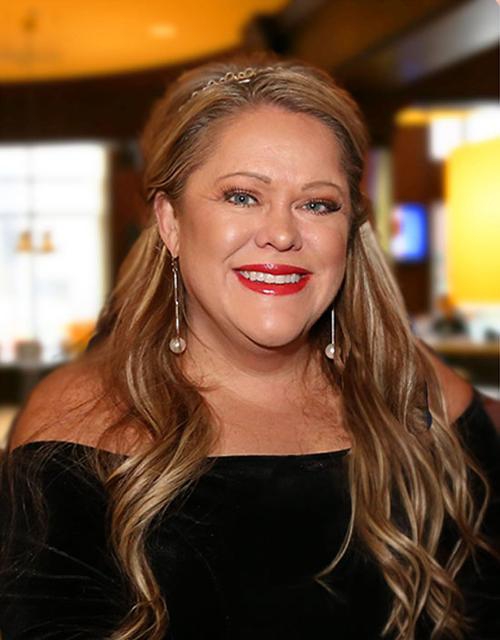.png)
Each year, the third week of March marks National Poison Prevention Week. The week serves as an opportunity to highlight the dangers that poisonings pose to people of all ages and promote community involvement in poisoning prevention.
Since poisoning can occur from a variety of sources, it is the leading cause of unintentional death in the United States, surpassing even motor vehicle crashes. Poisoning usually occurs due to:
- Inadvertent ingestion of drugs or chemicals
- Intentional, excessive use of a drug
- Exposure to environmental substances
Who Is Most At Risk?
While children (younger than 6 years) comprise the majority of cases, poisoning affects children and adults of all ages. Poisoning occurs most frequency in toddlers, but poisonings in teens and adults are considered more serious as they are often the result of drug abuse. Prescription drugs, particularly opioid pain medication, are the most common culprits. But, teens are misusing prescription and over-the-counter medications, like cold medicines and sleeping aids, at an alarming rate as well.
The Centers for Disease Control and Prevention state that more than 90 percent of all poisonings happen in the home. Therefore, Poison Prevention Week is a great time to take a moment to look around your home and ensure that everything is as safe as possible.
Six Tips To Prevent Accidental Poisonings:
- Only take prescription medications that are prescribed to you by a healthcare professional.
- Keep medicines in their original bottles or containers.
- Read the label before using a product that may be poisonous.
- Store chemical products in their original bottles or containers. Do not use food containers such as cups, bottles or jars to store chemical products, such as cleaning solutions or beauty products.
- Avoid mixing household products together. For example, mixing bleach and ammonia can result in toxic gasses.
- Place chemical cleaners well out of reach of children, especially those popular candy-colored detergent pods.
Please use these tips to help keep your family safe from accidental poisonings. However, keep in mind that these types of accidents may also occur because of the negligence of a manufacturer.
Under product liability law, manufacturers have a duty to ensure their products are safe, and can be held responsible if their product causes injuries. If your child has been seriously injured due to exposure to a poorly manufactured product, you should consult with an experienced personal injury attorney at Hupy and Abraham right away. Call 800-800-5678 for a free, no-obligation consultation, or start a live chat with us anytime at Hupy.com.
